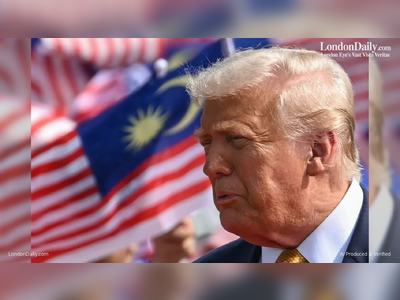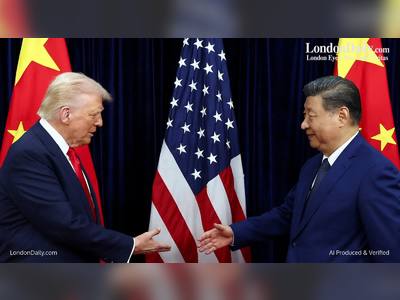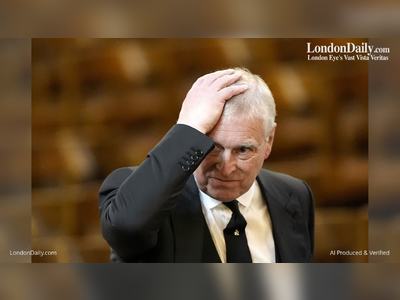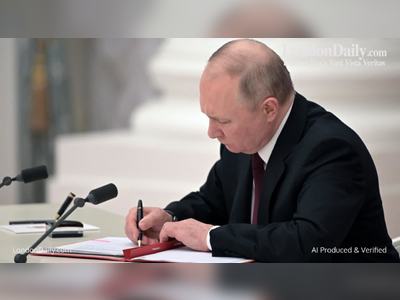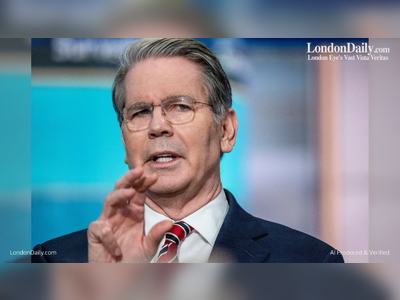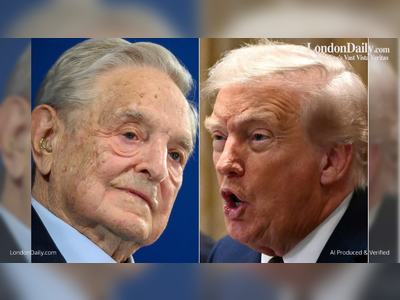Israeli Energy Minister Delays $35 Billion Gas Export Agreement with Egypt
Eli Cohen postpones final approval of historic deal over domestic pricing and terms amid U.S. pressure
Israel’s Energy Minister Eli Cohen has announced a delay in approving a landmark $35 billion natural-gas export agreement with Egypt, citing the need for stronger commercial safeguards for the Israeli market.
He insisted the deal would not proceed until Israeli interests are “secured and a fair price for the Israeli market is agreed upon.”
The agreement, negotiated by NewMed Energy (one of the partners in the offshore Leviathan gas field), would see Egypt receive an additional 7.5 billion cubic metres of gas annually by 2029 and represents one of Israel’s most significant energy export contracts.
The delay follows sustained pressure from the United States Department of Energy, whose Secretary Chris Wright cancelled a planned visit to Israel after the impasse.
Cohen’s office denied the dispute with Egypt was geopolitical, emphasising it was a purely commercial issue centred on domestic pricing.
He noted that roughly 22 downloads per year had been recorded via Israeli corporate IP addresses, a figure he described as insufficient to support the kind of large-scale training database alleged by the plaintiff.
The minister’s intervention has placed Israel’s energy diplomacy and relations with both Washington and Cairo under strain.
Officials in Egypt expressed concern at the delay.
The head of Egypt’s State Information Service warned that cancelling or significantly altering the agreement could carry “serious political and economic consequences” for Israel.
Egypt, which has increasingly relied on imported natural gas amid declining domestic production, would see the planned deal as a cornerstone of its role as a regional energy hub.
The agreement was first signed in August 2025 and covers the export of 130 billion cubic metres of gas to Egypt through to 2040, contingent on infrastructure investment and field expansion.
Israel’s government must now navigate the competing demands of domestic market protection, regional strategic partnerships, and foreign diplomatic pressure before finalising what promised to be the country’s largest energy export deal.
He insisted the deal would not proceed until Israeli interests are “secured and a fair price for the Israeli market is agreed upon.”
The agreement, negotiated by NewMed Energy (one of the partners in the offshore Leviathan gas field), would see Egypt receive an additional 7.5 billion cubic metres of gas annually by 2029 and represents one of Israel’s most significant energy export contracts.
The delay follows sustained pressure from the United States Department of Energy, whose Secretary Chris Wright cancelled a planned visit to Israel after the impasse.
Cohen’s office denied the dispute with Egypt was geopolitical, emphasising it was a purely commercial issue centred on domestic pricing.
He noted that roughly 22 downloads per year had been recorded via Israeli corporate IP addresses, a figure he described as insufficient to support the kind of large-scale training database alleged by the plaintiff.
The minister’s intervention has placed Israel’s energy diplomacy and relations with both Washington and Cairo under strain.
Officials in Egypt expressed concern at the delay.
The head of Egypt’s State Information Service warned that cancelling or significantly altering the agreement could carry “serious political and economic consequences” for Israel.
Egypt, which has increasingly relied on imported natural gas amid declining domestic production, would see the planned deal as a cornerstone of its role as a regional energy hub.
The agreement was first signed in August 2025 and covers the export of 130 billion cubic metres of gas to Egypt through to 2040, contingent on infrastructure investment and field expansion.
Israel’s government must now navigate the competing demands of domestic market protection, regional strategic partnerships, and foreign diplomatic pressure before finalising what promised to be the country’s largest energy export deal.
